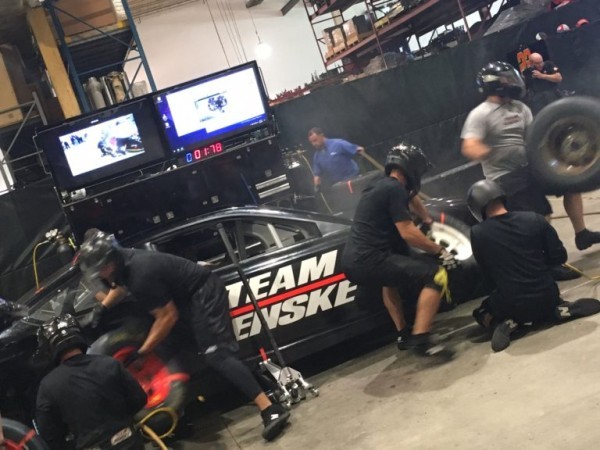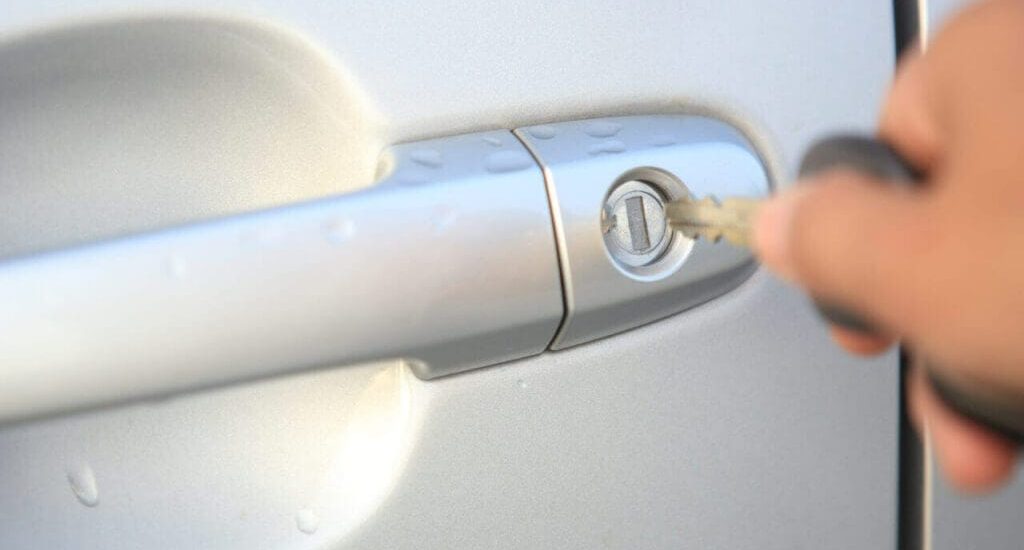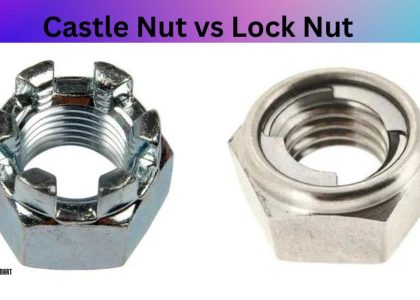Screws, often overlooked in the world of construction and manufacturing, are indispensable components that hold our world together. This article delves into the intricacies of screws, exploring their various applications, and relevant technologies like geocomposites, and answering common questions to shed light on these unsung heroes of the hardware world.
What are the Different Types of Screws and Their Applications?
Screws come in a myriad of types, each designed for specific applications.
- 1. Wood Screws: Ideal for woodworking, these screws have a coarse thread and a sharp point, ensuring a secure grip on wooden materials.
- 2. Machine Screws: Used in metal applications, machine screws have finer threads and are suitable for tapping into pre-drilled holes in metal surfaces.
- 3. Sheet Metal Screws: Designed for thin materials like sheet metal, these screws have sharp points and threads that provide a secure hold on such surfaces.
- 4. Concrete Screws: Equipped with special threads and often coated for corrosion resistance, concrete screws are perfect for attaching fixtures to concrete surfaces.

How Do Screws Contribute to Structural Stability in Construction?
In construction, screws play a vital role in ensuring structural stability. Whether it’s framing, attaching drywall, or securing beams, screws provide a robust connection. The use of screws in conjunction with geocomposite materials enhances structural integrity. Geocomposites, with their geosynthetic components, can reinforce soil and rock structures, making screws an integral part of the overall stability.
Can Screws be Utilized in Innovative Applications?
Absolutely! The versatility of screws goes beyond traditional applications.
- 1. Medical Applications: Micro screws find applications in the medical field, where precision is paramount. These screws are used in orthopedic implants and delicate surgeries.
- 2. Electronics: Tiny screws secure components in electronic devices. They play a crucial role in assembling gadgets, ensuring durability and functionality.
- 3. Automotive Industry: Screws are extensively used in vehicle manufacturing, contributing to the assembly of various components, from the chassis to interior features.
- 4. Geocomposite Technology: Geocomposites, combining various geosynthetic materials, are utilized for soil stabilization, erosion control, and drainage systems. Screws play a role in securing geocomposite layers, enhancing their effectiveness in construction projects.
How Important is Screw Selection for Different Materials?
Selecting the right screw for specific materials is crucial to ensure optimal performance.
- 1. Material Compatibility: Wood, metal, and concrete require different screw types. Using the wrong screw can lead to weak connections and compromise the integrity of the structure.
- 2. Corrosion Resistance: Outdoor applications demand screws with corrosion-resistant coatings, such as zinc or stainless steel, to withstand harsh weather conditions.
- 3. Thread Type: Coarse threads work well in wood, while fine threads are suitable for metal. Understanding thread types ensures a secure grip and prevents stripping.
- 4. Length and Diameter: Choosing the appropriate length and diameter prevents over-penetration or insufficient hold, ensuring stability in the construction.
In conclusion, screws are not just simple fasteners; they are essential elements in construction, manufacturing, and various other industries. Their compatibility with geocomposites further highlights their significance in ensuring structural stability and innovation in diverse applications. Understanding the nuances of screws and their applications is key to achieving reliable and robust constructions.


